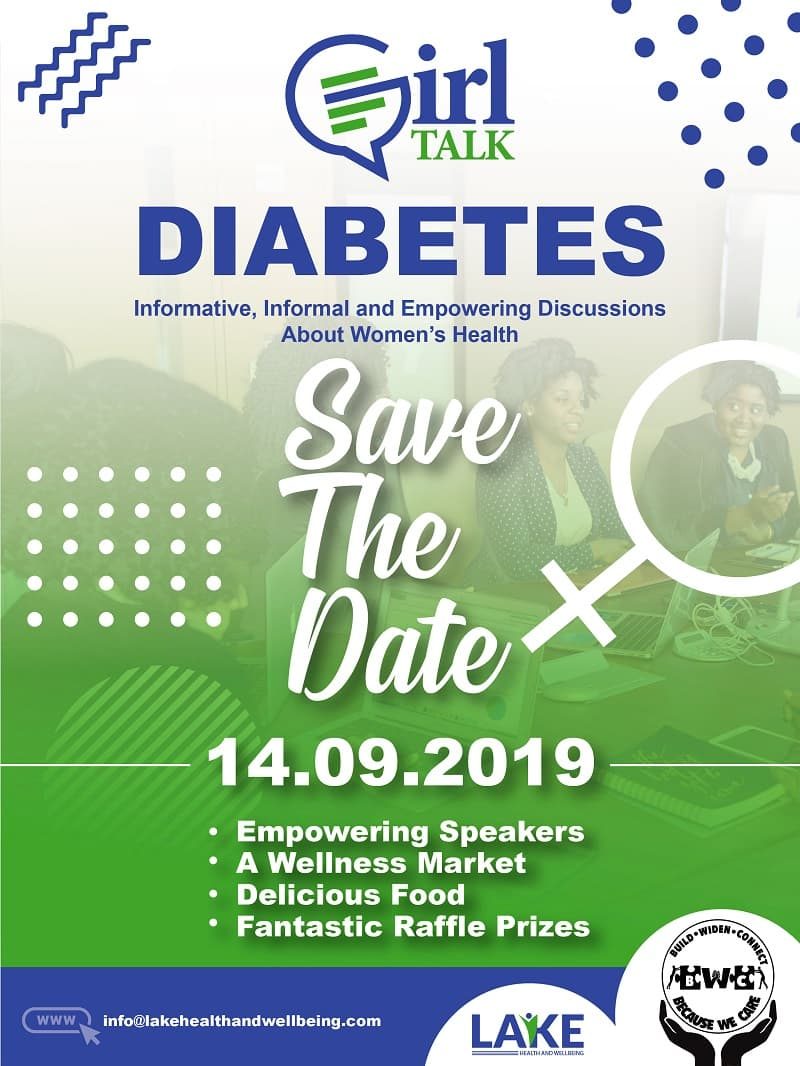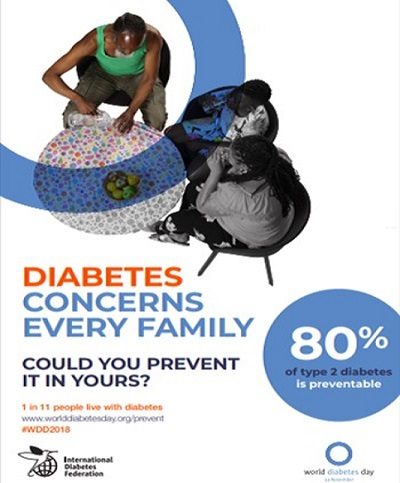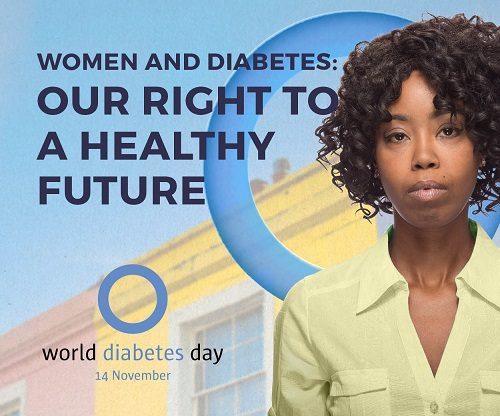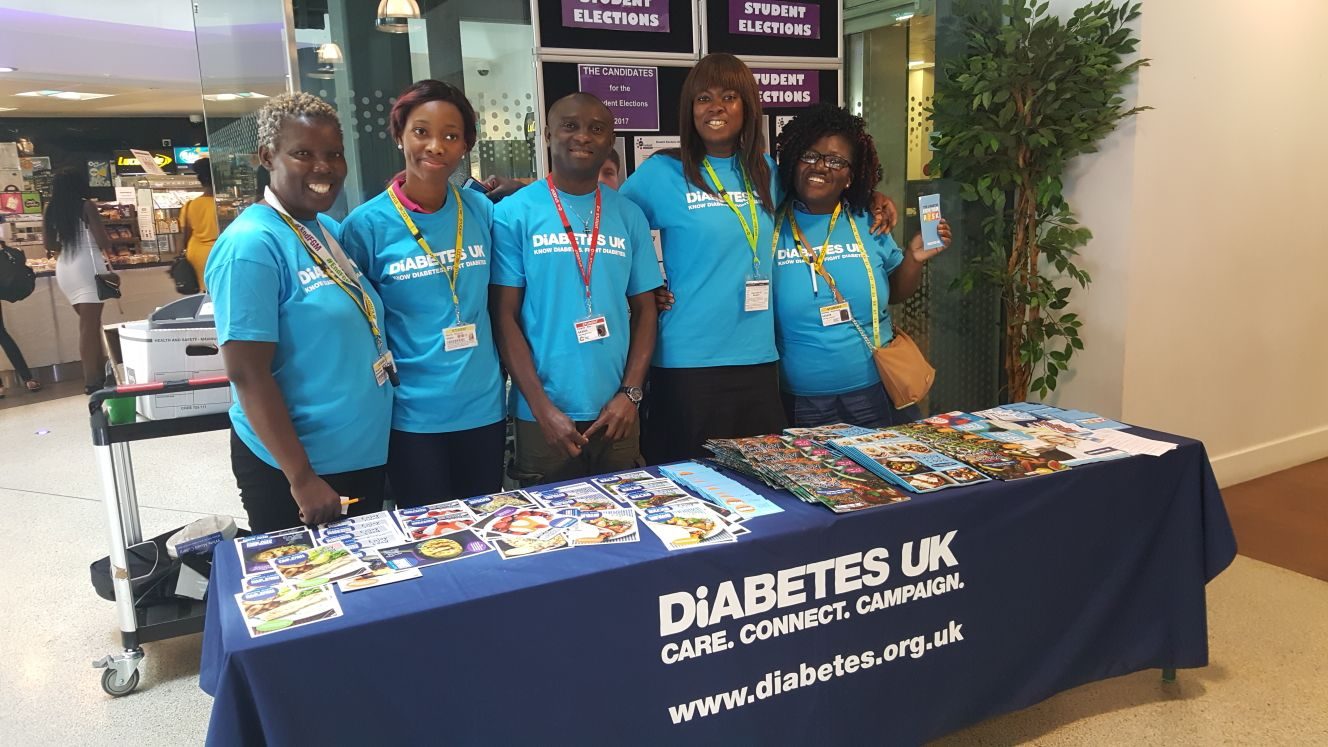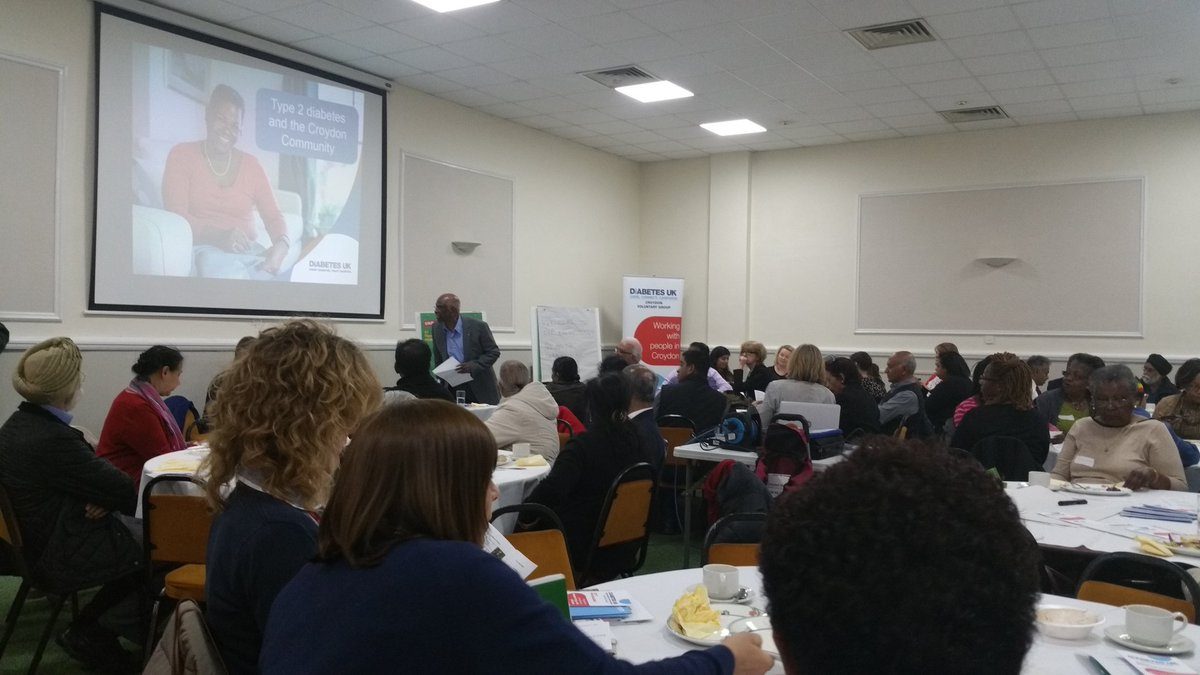Yesterday, we had the pleasure of attending an event organised by Diabetes UK and Croydon Clinical Commissioning Group. This event was entitled ‘Type 2 Diabetes and the Croydon Community’ and it brought together patients, healthcare professionals, local charities and commissioners to discuss how we can tackle diabetes in Croydon.
The event started with a welcome and introduction by Dr Rajan Namasivayam from the Diabetes UK Croydon Local Group and then we heard from the three main speakers: Rachael Glover, Manager at Diabetes UK; Charlotte Harris, Senior Researcher, Revealing Reality; and Dipti Gandhi, Diabetes Clinical Lead at Croydon CCG.
Setting the Scene

Rachael Glover from Diabetes UK started the session with a good introduction to type 2 diabetes and its prevention and management. From Rachael’s presentation, we learnt of the extent to which diabetes affects those living in the UK; currently, 4.5 million people in the UK have diabetes. Rachael explained that diabetes occurs when our body isn’t able to control our blood glucose levels and glucose builds up in the blood leading to a number of health problems. Diabetes is a result of problems with our insulin which is a hormone that helps our body use glucose preventing glucose levels from rising to dangerously high levels.
Rachael stated that there are two main types of diabetes:
Type 1 diabetes: this is where the body doesn’t make any insulin at all
Type 2 diabetes: where the body doesn’t make enough insulin or the insulin isn’t working properly.
From Rachael’s presentation, it was noted that 90% of people with diabetes have type 2 diabetes hence why there is a need to focus on this type of diabetes, particularly because 3/5 cases of type 2 diabetes are preventable. This means there is a huge opportunity to successfully tackle diabetes.
Rachael explained that type 2 diabetes can be prevented by eating a healthier diet, being more active and maintaining a healthy weight.
Rachael stated that the national programme Healthier You: NHS Diabetes Prevention Programme was launched in 2016 to support people at high risk of developing diabetes to change their lifestyle to reduce their risk.
Rachael also discussed the best ways of ensuring that patients with diabetes are able to successfully manage their condition. She stated that one of the most effective ways to do this is through patient education and there are several approaches: one-to-one information and advice, informal flexible ongoing information, ongoing support and structured education. These approaches are useful to patients with 90% of patients saying that they were better able to manage their condition following education, but sadly only 5% of diabetes patients attend an education event. With this in mind, Diabetes UK and Croydon CCG have pledged to reach 50% of diabetics through education.
Interesting Research

Next, we heard from Charlotte Harris, Senior Researcher from Revealing Reality. Charlotte summarised the findings from a very interesting research study that aimed to understand attitudes to diabetes amongst the South Asian communities of Thornton Heath in Croydon.
In their study they explored the needs, barriers and opportunities for innovation and they did this by finding out about diabetes as it is really lived in the community – they visited patients in their own environment. From their work they identified four key areas for innovation:
- Food
- Lifestyle and fitness
- Medical and healthcare
- Knowledge and advice
They also found that:
- When looking at the South Asian community, there was no one South Asian community or culture. There were many cultural differences (Indian, Bangladeshi etc..) and these differences are usually overlooked when health education and awareness projects are developed.
- Despite diabetes being talked about frequently, understanding of diabetes is low and for people where there was an understanding knowledge wasn’t applied practically.
- There was a sense in the South Asian community that diabetes is inevitable and there isn’t anything that can be done to prevent it, so there was a significant feeling of powerlessness.
- Many myths about diabetes exist such as climate and stress cause diabetes and that diabetes can be cured, this myth about there being a cure was a major problem as people would stop taking their medication once they started feeling better believing they were cured.
- There was a lack of knowledge of the serious complications that are associated with diabetes.
Tackling Diabetes in Croydon
Finally, we heard from Dipti Gandhi the diabetes clinical lead at Croydon CCG. Dipti explained that, in Croydon, diabetes is a huge problem with about 10% of residents living with diabetes. She then went on to explain some of the services in Croydon. These included:
- A new prevention programme where pre-diabetics are identified and enrolled in a 15-month programme to reduce their risk of developing diabetes. This programme has started in Thornton Heath and will expand to other areas in Croydon.
- Online support via Croydon Council’s Just Be Programme
- Voluntary sector projects to raise awareness
- Support with medications
- Group consultations with GPs and exploring ways of patients accessing diabetes specialists
- Self education through DESMOND Type 2 and DAFNE Type 1
Conclusion
This was a really informative and interesting event and one that was of great importance to the black community who are three times more likely to develop diabetes than their white counterparts. The Lake Foundation is currently making its own contribution to tackling diabetes in Croydon by teaming up with Diabetes UK and Croydon CCG with funding from Croydon Council to run a diabetes community champion project. To find out more about this project or to volunteer to take part please email us







